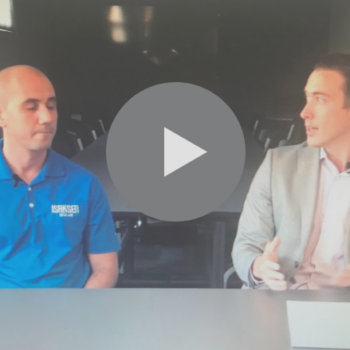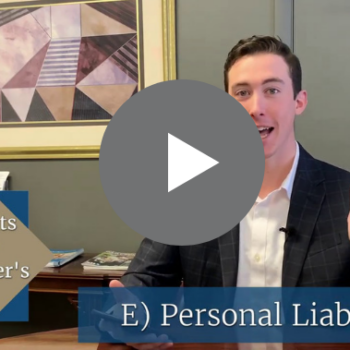Home Heating Safety Tips
- Posted by Lapointe Insurance
- On November 13, 2018
Do you own a fireplace, wood-burning stove or portable heater? What about a gas or an electric furnace? If so, you need to take the steps to be sure that they are safe and being used properly. This should be done well before the arrival of the winter season to avoid hazard.
Have your furnace inspected to make sure that it will operate properly in cold weather. Clean filters and vents will go a long way to keep your furnace a source or warmth rather than a cause of a fire loss. An inspection should also make certain that your furnace is not a creating a dangerous carbon monoxide buildup. Once a year, before the winter season is always your best option. When purchasing a new home, please keep in mind that your home inspector may not specialize in heating sources.
Fireplaces and wood-burning stoves should also be inspected and, if necessary, thoroughly cleaned. Creosote, a tar-like byproduct of burning wood, builds up in chimney and stove flues very quickly. Even a single wood-burning season could produce enough buildup to create a fire or severe smoke hazard. It is always a good idea, and worth the cost, to have a trusted professional do the inspection/cleaning for you. Using anything other than hard woods exposes your fireplace or stove to quicker creosote buildup (softwood) or more intense heat (paper), which could clog or contribute to cracking a flue or liner. Always check flue pipes for corrosion before the first use of the season.
If you have an operable pellet stove in your home, do not use a dryer vent, gas appliance vent, a PVC pipe, or a single wall stove pipe. Instead, install a PL vent pipe. Be sure the stove is both vented and placed correctly. Always check your burn pot, empty ash drawer, and clean the glass with a glass cleaner only when the glass is completely cool. We recommend using a professional service to clean the heat exchanger and ash trap.
10 Additional supplemental heating tips!
- Remove all flammable household items such as drapes, furniture, papers, etc. from all heat sources
- Store fireplace ashes properly in a covered metal container and keep them outside on cement or brick
- Test your smoke and carbon monoxide detectors periodically and keep them outside of sleeping areas, as well as one on every floor of your home
- Never leave a space heater on while you sleep or leave your home for any reason. Keep them away from bathrooms, sinks, and any water.
- Keep space heaters at least 3 feet from flammable materials, and be sure they are on level surfaces. They are easy to knock over and are a hazardous source of burns as well as a serious fire hazard.
- Never use an unvented Kerosene Heater in your home.
- Be sure that your fireplace has a sturdy fireplace screen to contain flying embers and sparks, and keep the area above/around it clear.
- Never use gasoline, kerosene, or a propane torch, clean newspaper, or wet and unseasoned wood to start your fire.
- Always be sure the damper is open before lighting your fire, and you do not close it before the fire is out completely and no ashes are hot or smoldering.
- Avoid a chimney fire by hiring a professional to conduct a chimney sweep.
As always, an insurance professional is a valuable source of safety and insurance information. Don’t hesitate to contact your agent to discuss any questions you may have.


